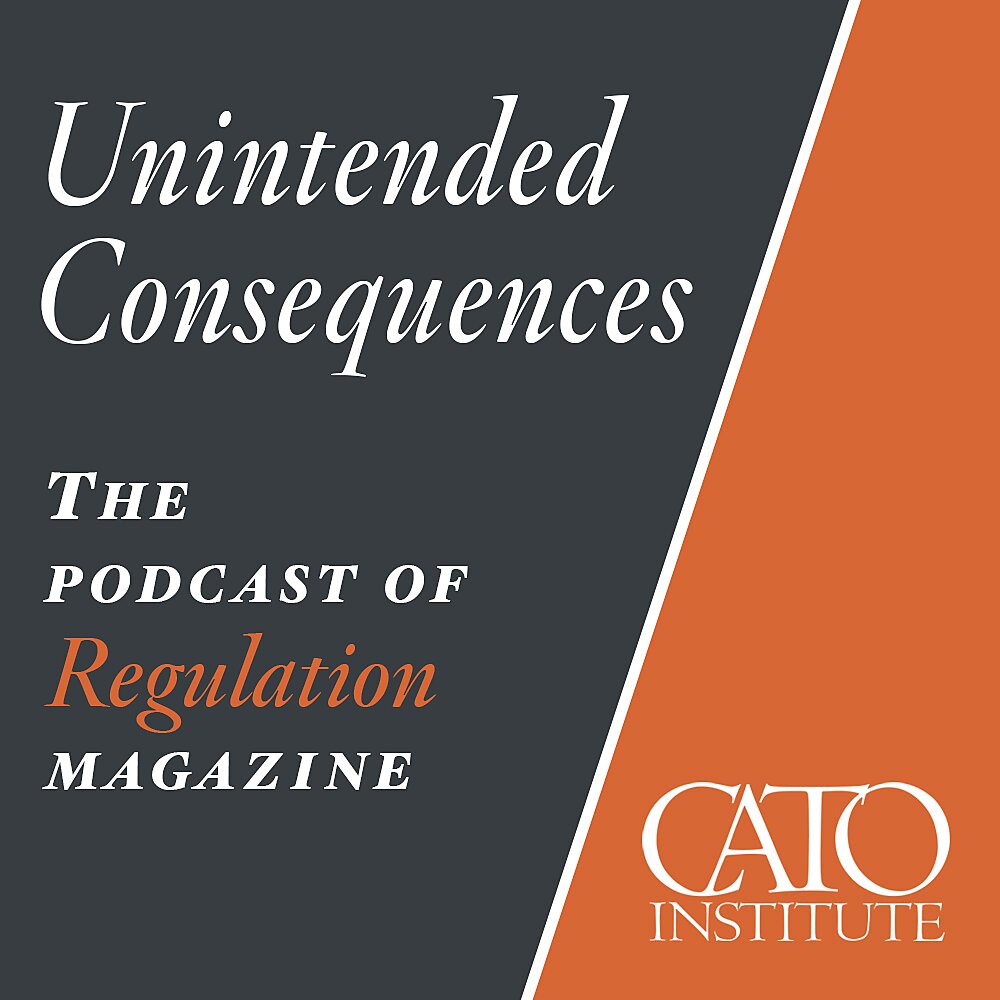
Paul Matzko
Those of us who get to chat with Peter Van Doren in the hallways at Cato HQ will be familiar with the following scenario: Mention a conversation topic that even slightly touches on government regulatory policy — from salmon farming to highway barriers or microparticulate air pollution — and ask Peter what he thinks. He will initially demur, saying that he really needs to go back and find this‐or‐that article in so‐and‐so journal that he once read about the subject, and then promptly unload a lifetime’s worth of accumulated knowledge that is just rattling around that remarkable mind of his.
It’s a pity that more folks outside Cato don’t get that opportunity. So I decided to make a podcast to give people just a taste of what a conversation with Peter is like. It will be coming out quarterly and is pegged to the release of each issue of Regulation as we highlight articles of particular and surprising interest.
Although I make no promises to always be current, this first episode starts with a rather timely segment discussing railroad industry economics in light of the eastern Ohio trail derailment. It turns out that railroad company profits are indeed up despite the coal‐induced decline of freight rail and some rather outdated labor practices.
Then we interview our colleague Mark Calabria about his time as head of the FHFA, where he helped prevent a mortgage meltdown during the early pandemic. If you were one of the folks who was laid off in 2020 and then benefited from a paperwork‐light mortgage forbearance, Mark deserves your handshake and a sincere thanks.
Finally, Peter offers a somewhat surprising critique of YIMBY utopianism. While up‐zoning residential neighborhoods is beneficial and could slow housing price growth, the natural lifecycle of cities still tends to drive up prices, even in low regulation metros in states like Texas.
If you’re a subscriber to Regulation, or if you just enjoy picking Peter’s mind, then check out the episode and consider subscribing.





